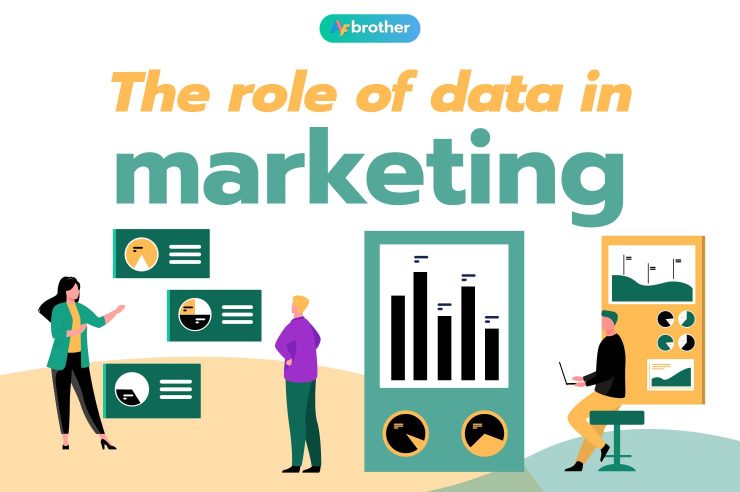What is Data in Marketing?
Data in marketing refers to any information that is collected about customers, their behaviors, and their preferences. This data can come from a variety of sources, including website analytics, customer surveys, social media, and customer relationship management (CRM) systems. This information is used to build customer profiles, segment audiences, and personalize marketing campaigns.
For contemporary marketers, data has become a crucial tool. Marketers now have greater access to information than ever before thanks to the exploding use of digital platforms and the growth of big data. Marketers can learn important information about their consumers’ tastes, actions, and lifestyles by studying this data. In order to improve the performance of marketing campaigns, this information can then be employed.
-
5 benefits of data in marketing
1. Understanding Your Target Audience
One of the key benefits of data in marketing is the ability to gain a deeper understanding of your target audience. By collecting and analyzing customer data, businesses can identify important trends and behaviors that can inform marketing strategies. For example, data insights might reveal that your target audience is more likely to engage with video content on social media, or that they are most responsive to email campaigns sent on Tuesday mornings. Armed with this knowledge, businesses can tailor their marketing efforts to reach their target audience more effectively.
2. Measuring Campaign Effectiveness
Data can also be used to measure the effectiveness of marketing campaigns. By tracking key metrics such as click-through rates, conversions, and revenue generated, businesses can determine which campaigns are working and which ones need improvement. This enables them to optimize their marketing efforts, focusing on strategies that are delivering the best results.
3. Personalizing the Customer Experience
Data can also be used to personalize the customer experience. By collecting data on customer preferences, behaviors, and purchase history, businesses can deliver targeted messages and offers that resonate with individual customers. This not only improves customer satisfaction, but it can also lead to increased loyalty and repeat business.
4. Predictive Analytics
Another important use of data in marketing is predictive analytics. By analyzing customer data, businesses can identify patterns and trends that can be used to predict future behaviors and preferences. This enables them to anticipate customer needs and preferences, allowing them to deliver personalized marketing messages and offers that are more likely to resonate with individual customers.
5. Continuous Improvement
Finally, data can be used to drive continuous improvement in marketing efforts. By regularly tracking and analyzing data, businesses can identify areas for improvement and adjust their marketing strategies accordingly. This allows them to stay ahead of the curve and adapt to changing market conditions, ensuring long-term business success.
In conclusion, data is now an essential part of effective marketing plans. Businesses may maximize their marketing efforts and succeed by utilizing data insights to better understand their target audiences, gauge the success of their campaigns, tailor the customer experience, employ predictive analytics, and promote continuous development.
AFbrother intended to be a revenue-generating hub for influencers and brands/marketers. We have compiled a long list of influencers both micro-influencers and superstars. All AFbrother participants with followers can easily earn through various campaigns.
Please follow AFbrother for more informations !!
AFbrother Website: https://afbrother.com/
AFbrother Twitter: https://twitter.com/AFBrotherGlobal
AFbrother Facebook: https://www.facebook.com/AFBrotherGlobal
AFbrother Youtube: https://www.youtube.com/channel/UC3jBh06fWzFfJIilW63NmWg




Comments (No)